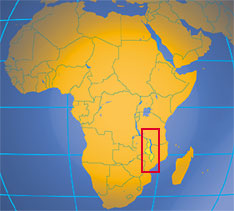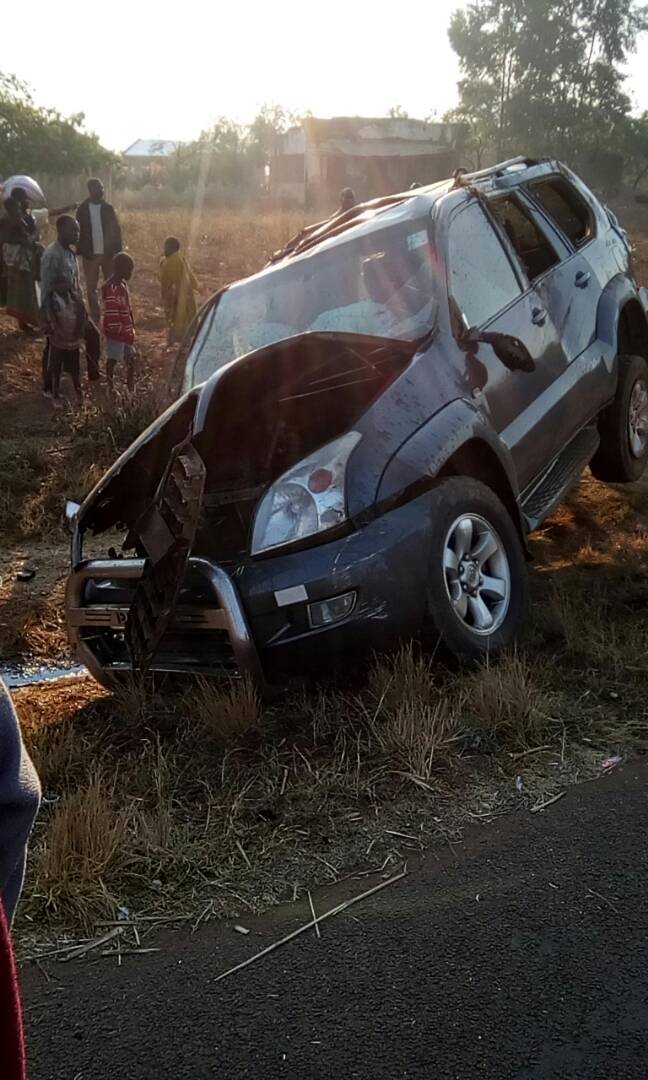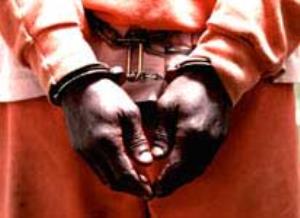The majority of Malawians strongly feel that the economic conditions in Malawi are bad with shortage of cash being the most endemic, an Afrobarometer survey done across the country in June found out.
However, the respondents to the survey said they were generally optimistic about the future.
Afrobarometer researchers Joseph Chunga and Maxton Tsoka announced the results in Blantyre on Friday.
According to Tsoka, who presented the economic evaluation, the research established that one in two people think the country is going in the wrong direction. This was two months after President Joyce Banda took over power following the death of former president Bingu wa Mutharika.
It also established that 7 out of 10 people feel the country’s economic conditions are bad, with the strongest feeling prevalent in cities at 80 percent.
However, the survey results say people are generally optimistic about the country’s economic conditions.
Of particular interest, the survey says the majority of people do not have access to cash income, which is the biggest problem.
“Cash income poverty is the most endemic as over ¾ (75 percent) regardless of age group, location, education and sex experienced it—62 percent reported having no cash bringing job,” reads the summary of the findings.
Food poverty was more prevalent among the least educated with 59 percent prevalence among them.
Tsoka said access to health care problem cuts across education levels, age groups and sex but varies by region with the north being the worst at 71 percent, centre 66 percent and south 54 percent.
On government performance, the survey results say the majority of Malawians think the government is performing well in ensuring availability of fuel (59 percent) and managing the economy (52 percent) with the highest approval ratings coming from the cities and the north.
However, the government gets the least approval rating on controlling inflation (34 percent) and income gap management (33 percent) with a lot of people feeling the gap between the rich and the poor is widening further.
However, the survey says the majority of Malawians think the government is likely to solve the problems in the next five years.
Inflation for the month of June when the survey was done was at 20.1 percent, up from 17.3 percent in the previous month.
It rose steadily in July to 21.7 percent. Currently, Malawi’s inflation is the highest in the region at 25.5 percent for the month of August.
The government performance was measured on several factors and the results were as follows: fuel availability 59 percent, economic management 52 percent, forex availability 46 percent, job creation 43 percent, food security 42 percent, poverty reduction 39 percent, inflation management 34 percent and income gap management 33 percent.
Chunga said the methodology of the survey took the researchers to a random selection of traditional authorities in all districts of the country with a random selection of households.
He said the survey used quota system, equal number of men and women and had 2,400 respondents who were interviewed between June 4 and July 1 this year.
He said the survey has 95 percent confidence levels and that their experience is that views of Malawians are generally consistent, and therefore the survey results should be taken seriously.




